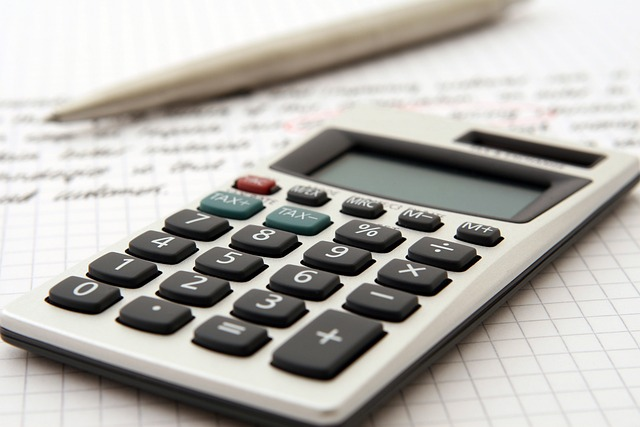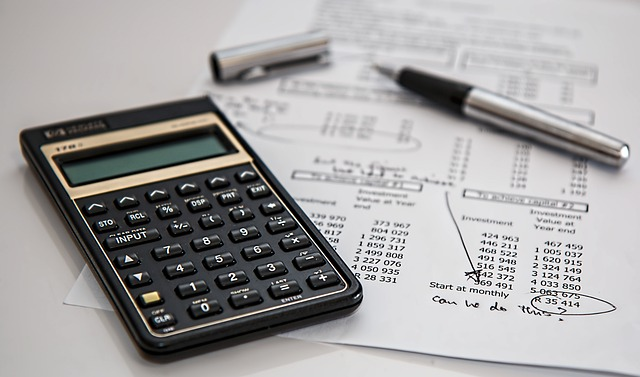As we go through life, it's important to consider what will happen to our assets and belongings after we're gone. One way to ensure that our wishes are carried out is by creating a Will. However, simply writing a Will isn't enough – it's also important to know how to execute it properly. In Australia, there are certain legal requirements that must be followed to ensure that a Will is properly executed. Whether you're creating a new Will or updating an existing one, it's crucial to understand the process of executing a Will in Australia. In this article, we'll take a closer look at the steps involved, including the role of executors, witnesses, and more. If you have been given the role of executor of a will by someone who has recently passed away, keep reading to learn more about how to execute a Will in Australia.
What are an Executors Duties?
The first step to take when you have been named as executor of a Will in Sydney is to contact a wills and probate solicitor. A solicitor will be able to advise you on the legal requirements involved in executing a Will in Australia. Depending on the size and complexity of the estate, they may also be able to assist with other aspects of estate planning such as letters of administration or contesting a will. They can also provide guidance on the process for obtaining probate, which is required for all estates over certain thresholds. It's important to note that there are strict rules around who can act as an executor, so it's best to consult a solicitor before taking any action.
How long does an executor have to settle an estate in Australia?
The time an executor has to settle an estate in Australia varies depending on the size and complexity of the estate. Generally speaking, an executor will have up to 12 months to settle an estate. This time period may be extended if there is a dispute or if the court grants permission. If you have been named as executor of a Will, it's important to understand your duties and obligations and seek legal advice where necessary so that you can ensure the Will is executed according to the law.
Also, you must ensure that the administration of an estate is begun and completed within a reasonable time. If it can be demonstrated that you caused any undue delays resulting in a financial loss, then you could be personally liable for this loss.
What are the duties of an executor of a will in Australia?
The duties of an executor of a will in Australia include gathering and managing the assets of the deceased, paying any debts that are owed, distributing the estate according to the wishes of the deceased as outlined in their Will, and ensuring all taxes and other government obligations are met.
Therefore, if you are named as an Executor, you'll need to establish a complete picture of the deceased person's estate and finances. This includes identifying any debtors and creditors. Funeral expenses, outstanding tax, bank accounts, fees for administering the estate and out-of-pocket expenses must also be paid It is also important for an executor to keep records and provide regular updates to beneficiaries. As executor, you must act honestly and with integrity, avoiding conflicts of interest where possible. It is also important to be aware of your legal obligations as executor and seek legal advice where necessary.

What happens if a will is disputed in Sydney NSW
If a will is disputed in Sydney NSW, it is important for the executor to seek legal advice as soon as possible. Disputes can arise for a variety of reasons and can be complex and time consuming to resolve. Depending on the nature of the dispute, it may be necessary for the executor to apply to the Supreme Court of New South Wales for a determination.
This is done by filing an application with the court and providing evidence of why they believe that the will should or should not stand. The court will then review all evidence provided and make a decision on whether or not to uphold the will.
In some cases, mediation may be required in order to reach an agreement between parties involved in the dispute.
Valuing a Deceased's estate in Sydney NSW
Valuing a deceased's estate in Sydney NSW requires the executor to obtain a valuation of all the assets owned, and liabilities owed, by the deceased person. This includes property, investments, bank accounts, shares and other financial assets.
It is important to obtain an accurate value of the estate as this will determine the amount of tax that must be paid on the estate. Depending on the size and complexity of the estate, it may be necessary to engage a valuer or accountant to assist with the valuation process.
Once all assets have been valued, it is important for the executor to lodge a final tax return with the Australian Taxation Office within two years of death. This will ensure that any taxes due are paid in full and on time.

Do all wills have to go through probate in Australia?
In Australia, all wills must go through probate if the estate is over a certain threshold. This threshold varies from state to state, so it is important to check with the relevant court for more information. Probate involves obtaining a court order that confirms that a Will is valid and authorises the executor to administer the estate according to its terms.
Once probate has been granted, an executor can begin carrying out their duties and distributing assets in accordance with the Will. It's important to note that there are strict rules around who can apply for probate, so it's best to consult a solicitor before taking any action.

How do I obtain a Grant of probate in Sydney NSW
In order to obtain a Grant of Probate in Sydney NSW, the executor must first apply to the Supreme Court of New South Wales. The application must include a copy of the Will, death certificate and a copy of the valuation of assets.
The executor will also need to provide evidence that they have provided notice to all beneficiaries and creditors of the estate. Once the application has been approved by the court, the executor will be issued with a Grant of Probate which is required for them to access and distribute assets from the estate. It is important for executors to understand their responsibilities when applying for probate, as failure to do so can result in significant penalties or delays in distributing assets from an estate.
Can executor be a beneficiary?
In Australia, an executor can also be a beneficiary of the estate they are responsible for administering. However, there are certain rules and regulations that must be followed in order to ensure that the executor does not act in a conflict of interest. For example, if an executor is also a beneficiary, they must not use their position to benefit themselves more than other beneficiaries. They must also take steps to ensure that the wishes of the deceased as outlined in their Will are met and that all assets are distributed fairly.
If you have been named as executor and beneficiary of a Will, it's important to seek legal advice so you can understand your obligations and ensure all requirements are met.

Who can be an executor of a will in Australia?
In Australia, anyone over the age of 18 who is of sound mind can be an executor of a Will. Generally, the most suitable person to act as executor is a close relative or friend of the deceased, but this isn't always possible.
If there is no suitable person available to act as executor, you can appoint a professional executor such as a solicitor or accountant. It's important to ensure that whoever you choose is trustworthy and able to carry out all the duties required of an executor. The job of an executor can be complex and time-consuming, so it's important to choose someone who is willing and able to take on the role.
Let us help you wind up your loved one's estate
If you'd like expert advice on winding up you loved ones estate, call us on (02) 9281-5088 or fill in the contact form to the right of this page.





